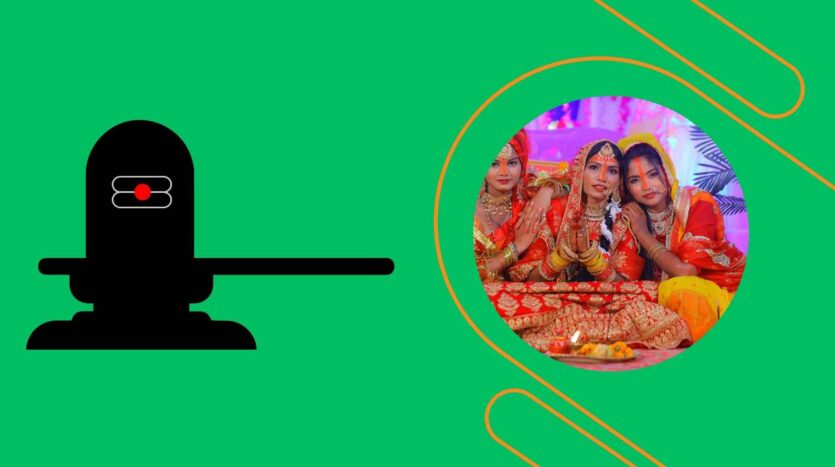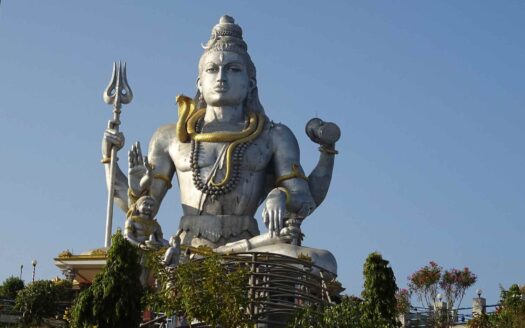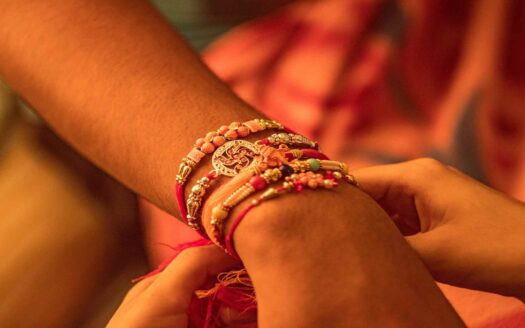Teej: Celebrating the Essence of Women and Tradition
Teej, also known as Haritalika Teej, is a vibrant and joyous festival celebrated by women in many parts of India and Nepal. This auspicious occasion holds immense significance, representing the essence of womanhood, marital bliss, and the renewal of life. It is a time when women come together, adorned in colorful attire, to express their devotion, celebrate their relationships, and immerse themselves in traditional customs and rituals.
Let us delve deeper into the fascinating world of Teej and explore the rich traditions and cultural heritage associated with this magnificent festival.
The Origins of Teej
Teej has its roots in Hindu mythology and is believed to commemorate the reunion of Lord Shiva and Goddess Parvati. According to the legends, Parvati ardently observed a rigorous fast and performed various rituals to please Lord Shiva and gain him as her husband. After her unwavering devotion and penance, Lord Shiva finally accepted her as his wife on the auspicious day of Teej. Hence, the festival symbolizes the devotion and marital fidelity of women.
The Celebrations
Teej is typically celebrated by married women, although unmarried women also participate in the festivities with great enthusiasm. The festival falls during the monsoon season, usually in the month of August or September, and spans over a period of three days. The first day is known as “Dar Khane Din” or the day of feasting. Women gather together to enjoy delicious traditional delicacies and share stories and laughter.
The second day, called “Teej Day,” is the main highlight of the festival. Women dress up in vibrant traditional attire, often wearing red or green sarees and adorning themselves with beautiful jewelry and intricate henna designs on their hands. They visit temples dedicated to Goddess Parvati and offer prayers for the well-being of their husbands and families.
One of the most iconic traditions of Teej is the swing ceremony. Women, young and old, gather in public parks or their homes, where swings are beautifully decorated with flowers and colorful fabrics. They sing traditional songs, known as “Teej Geet,” and sway on the swings with joyous abandon. The swinging motion represents the playful union of Lord Shiva and Goddess Parvati and symbolizes the ups and downs of married life.
The third day, called “Rishi Panchami,” is dedicated to paying homage to the Sapta Rishi (Seven Sages) and seeking their blessings. Women perform elaborate rituals and fast throughout the day, breaking it only after offering their prayers. They believe that observing this fast and performing the rituals will purify their souls and absolve them of any past sins.
Significance and Symbolism
Teej is a celebration of womanhood, love, and devotion. It showcases the deep-rooted traditions and cultural values that have been passed down through generations. The festival holds immense importance in strengthening marital bonds, as women pray for the longevity and well-being of their husbands. It also serves as a platform for women to bond with each other, share their joys and sorrows, and foster a sense of community.
Moreover, Teej represents the power and resilience of women. The fasting and rituals undertaken during the festival require immense determination and willpower, highlighting the inner strength and dedication of women. It is a testament to their commitment and love for their families.
In recent times, Teej celebrations have evolved to include various cultural programs, dance performances, and beauty pageants. Women showcase their talents and creativity through dance forms like the traditional Ghoomar, a graceful dance performed in circular movements. These modern additions to the festival further enhance the sense of joy and festivity associated with Teej.
Preserving Tradition and Embracing Change
While Teej is deeply rooted in tradition, it has also evolved over the years, adapting to the changing times. Women now actively participate in social causes, using the festival as a platform to raise awareness about important issues like gender equality and women’s empowerment. They engage in discussions, organize workshops, and advocate for positive change within their communities.
Teej is not just a festival; it is a celebration of womanhood, love, and devotion. It serves as a reminder of the rich cultural heritage and traditions that define us and brings together women from all walks of life. As the swings sway and the songs echo in the air, Teej rejuvenates the spirit, strengthening the bond between women and their traditions, and inspiring them to embrace their true selves.




